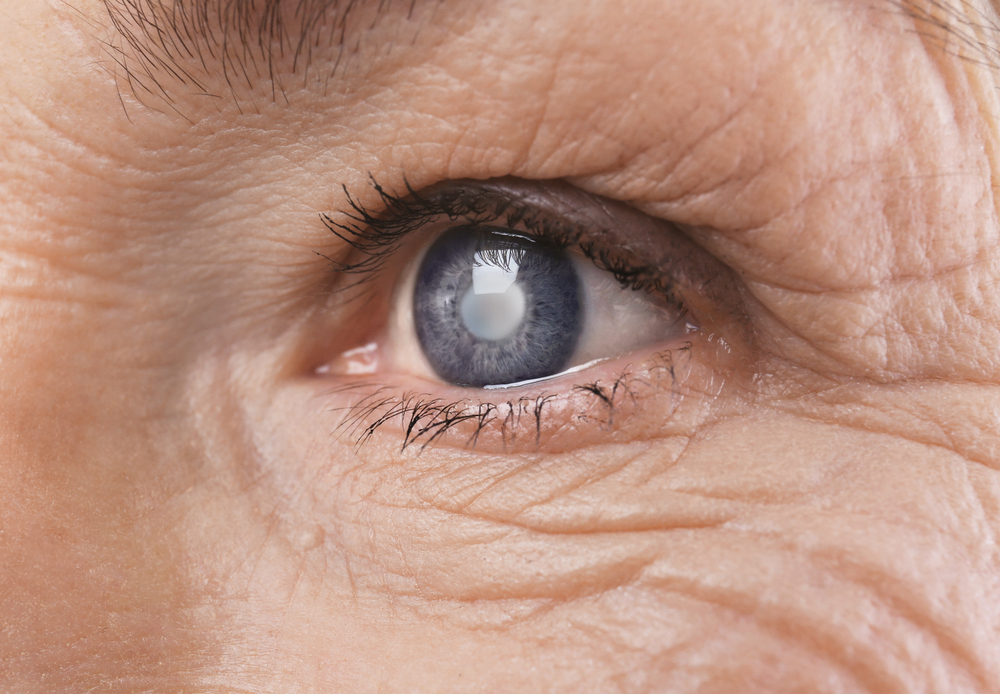All You Need to Know about Cataract
Cataract is one of the most common eye disorder which a majority of senior citizens experience. It is the change in terms of clarity of the natural lens present in the eyes. This change gradually degrades the quality of the vision. Cataracts often block the free entry of the light through the lens. It may also distort it. This results in the patient with complaints regarding the vision. The term cataract is the derivation of the ancient Greek word “cataractous”. The meaning of this term is swift running clear water which turns cloudy due to the speed.
The condition of developing a cataract is directly related to aging as it is mostly experienced by senior citizens.

According to a survey carried out by some experts, there are 8 million physician visits in the country each year with vision issues related to cataract.
People above the age of 60 mainly face problems in everyday activities like reading, driving at night, golfing, and hiking when they develop a cataract. Both eyes can develop it although the severity may vary at a particular time.
Causes of cataract
Cataracts are caused due to abnormalities in the lens. The natural lens is made of protein and water.
There is no sure fact about the cause for this deposition of protein in the lens. However, some risk factors that can aggravate some people to form cataracts are:
- Diabetes
- Obesity
- Hypertension
- UV radiation
- Smoking
- Statin medications
- Eye inflammation
- Previous surgery
- Severe Myopia
- Family history
Consumption of steroid medicines is also considered to be the cause of cataract formation in older adults. In some cases, diabetes increases the chances for one developing a cataract.
There are mainly three types of cataract; they vary according to the formations. They are:
- Subcapsular cataract
It forms at the back of the lens. Diabetic people and people taking steroids are affected by this type pf cataract. - Cortical cataract
This is formed at the lens cortex and looks like wedge-like opacities of white color. - Nuclear cataract
This forms at the nucleus of the lens. This is largely related to aging.
Symptoms of cataract
At the initial phase, there are no signs of a cataract attack. A patient develops double vision, cloudiness while viewing, glaring difficulties and second sight as the symptoms as the deposition of protein advances. Mostly, in the primary phase, changing specs can work.
As the deposition of proteins advance to the acute phase, the opacity of the lens reaches its top making it very difficult to view things. A patient should seek medical help immediately while observing any kind of deformity in the vision.
Treatments for cataracts
There are many treatments for the condition of a cataract. A new pair of specs can always help the patients to fight against cataracts. Strong bifocal glasses can treat the condition of advancing cataracts up to a large extent.
Cataract surgery can be the most effective way how a patient can gain long-term recovery from the cataract. It is not at all painful and ensures better vision.

